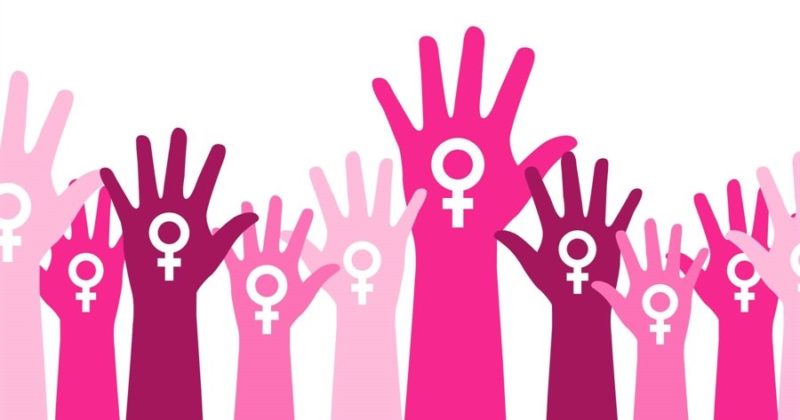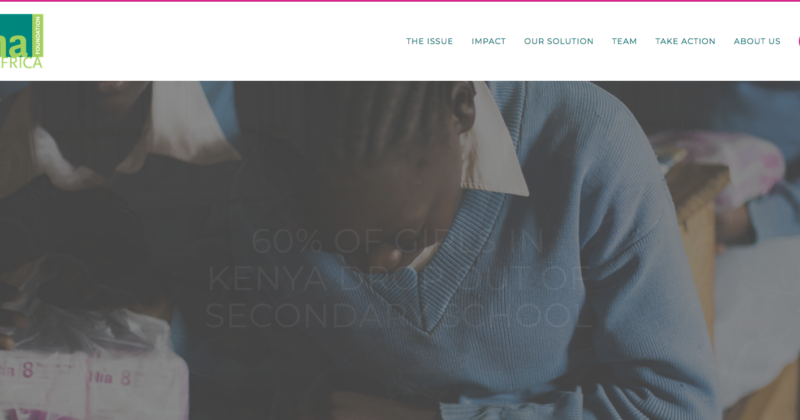
The Alarming Incidence of Unsafe Abortion Worldwide
Approximately 56 million abortions are performed globally each year, with half of these procedures falling upon some continuum of danger that they pose. 97% of these unsafe abortions are performed in low-income countries within Africa, Asia, and Latin America, illustrating the enormous reproductive health disparity borne by geographic location. Abortions are classified by the World Health Organization as “safe”, “less safe”, and “least safe.” Many abortions conducted in developing countries are qualified as “least safe,” characterized by the insertion of foreign objects such as sticks and broken glass bottles, or the ingestion of harmful cleaning products. Ultimately, 6.9 million women each year are treated for complications attributed to unsafe abortions, and 23,000 women die from such complications. Yet, safe abortion procedures such as manual evacuation and abortion-inducing drugs are not financially out of reach even for low-resource countries. Thus, the solution to this horrific lapse in reproductive health lies in political discourse. While some countries, such as Ethiopia and Nepal,...




